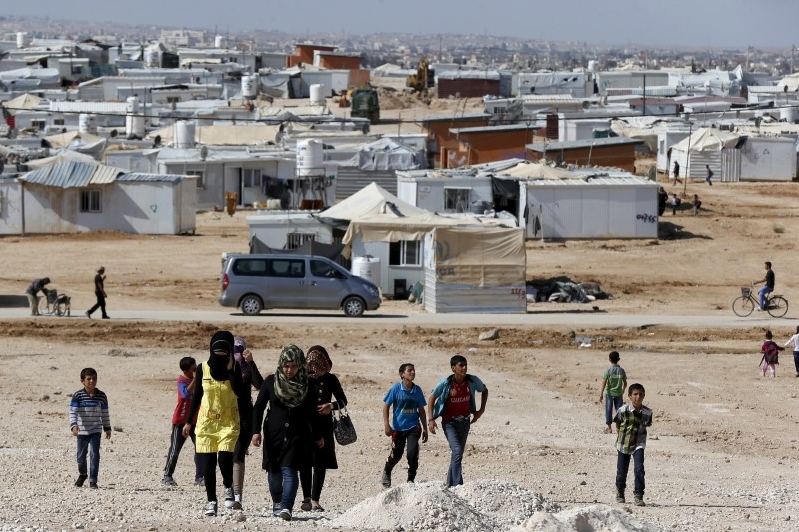
Israel is no longer taking a public position on Syrian President Bashar al-Assad's prospects of staying in power, its defense minister said on Tuesday, citing the opposing goals of the United States and Russia as they intervene in the civil war.
Seeing enemies on all sides of the insurgency that erupted in the neighboring Arab state in 2011, Israel has been formally neutral but initially called for Assad to be toppled, arguing this would deny its arch-foe Iran a key ally in the Levant.
That view hewed to the strategy of the United States and its Arab partners, which back some Syrian rebels and say Assad has lost legitimacy to lead. But with Assad holding on and now helped by a Russian military intervention, Israel has gone mum.
"What is our policy in Syria? We say: We do not intervene. We have an opinion as to what we would like to be there. But we are not in a position nor do we have the status, for sensitive reasons, to say we are in favor of Assad or against Assad," Yaalon said in a speech to a farm collective near Jerusalem.
At a rare but inconclusive round of talks in Vienna on Friday that brought together many of the main countries involved in Syria, "the Russians were in favor (of Assad), the Americans were against, the Turks were against, the Saudis were against, the Iranians were in favor", Yaalon said.
"We are not at that level. We deal with our own interests," he said, reiterating "red lines" that Israel says will trigger military action by it if crossed - attacks from Syria or attempted transfers to Lebanon's Hezbollah or other militias of advanced weapons systems or chemical warfare agents.
To avoid accidentally trading fire and becoming entangled in the fighting, Israel has agreed with Russia to coordinate military action over Syria.
Various forces clashing in Syria have at times tried to discredit each other with charges of collaboration with Israel.
Yaalon said Israel had armed no side in the civil war and provided only limited humanitarian aid to villages on the Syrian Golan Heights next to lines it holds on the strategic plateau.
This assistance had been conditioned on the recipients pledging to keep Islamist insurgents away and not to attack Syrian Druze Arabs, whose brethren in Israel have pressed Prime Minister Benjamin Netanyahu to help the imperilled community.
"We do not supply weaponry, but humanitarian (aid), yes. On two conditions: You do not allow the jihadis to get to the (Golan) fence, and you do not touch the Druze, who are a sensitive issue for us. And it works - ad hoc agreements on the basis of common interests," Yaalon said.






